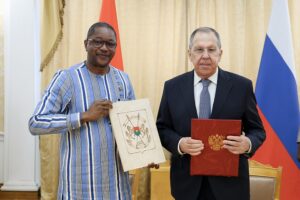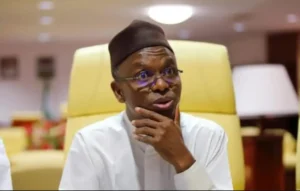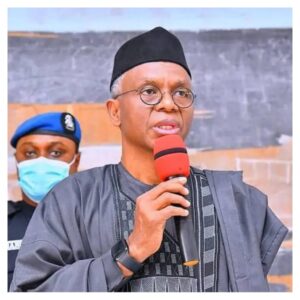A recent report from the National Bureau of Statistics (NBS) reveals that 58% of households in Nigeria are connected to the national power grid. This information comes from the “Nigeria Residential Energy Demand Side Survey (NREDSS) 2024,” which was unveiled in Abuja. The survey involved 8,100 households from both urban and rural areas in nine states: Akwa Ibom, Bauchi, Ekiti, Oyo, Enugu, Kwara, Plateau, Kano, and Sokoto.
Among the households connected to the grid, 86.6% have access to electricity. However, most of these households rely on an estimated billing system, with 85.2% using this method, while only 14.8% have switched to a pre-paid billing system. The average monthly electricity bill for these connected households is around N4,155.8.
Despite these connections, the power grid in Nigeria has faced numerous challenges, collapsing eight times in 2024. The first collapse was recorded on February 4, with additional failures on multiple dates, including March 28, July 6, and several times in October. Minister of Power Adebayo Adelabu pointed out that these frequent collapses are due to outdated infrastructure, emphasizing the need for more investment in power systems. The Nigeria Electricity Regulatory Commission (NERC) plans to hold a public hearing to address these ongoing issues.
The survey also highlights that many Nigerians still rely on traditional energy sources. About 67.8% of households use fuelwood for cooking and other energy needs. Among these, 41% purchase the wood, while 39% collect it themselves. Additionally, 22% of households use charcoal, and 19.4% use liquefied petroleum gas (LPG), with an average monthly expenditure of about N10,239.7 on LPG.
To tackle these energy challenges, the NBS has recommended that the government promote tree replanting and encourage the use of clean energy sources such as LPG, wind, and solar. They also suggested increasing the number of LPG stations and promoting local production of gas cylinders to help lower costs and improve electricity access through decentralized solutions like mini-grids.
The findings highlight the ongoing energy challenges in Nigeria and the need for effective solutions to improve electricity access for all households.







